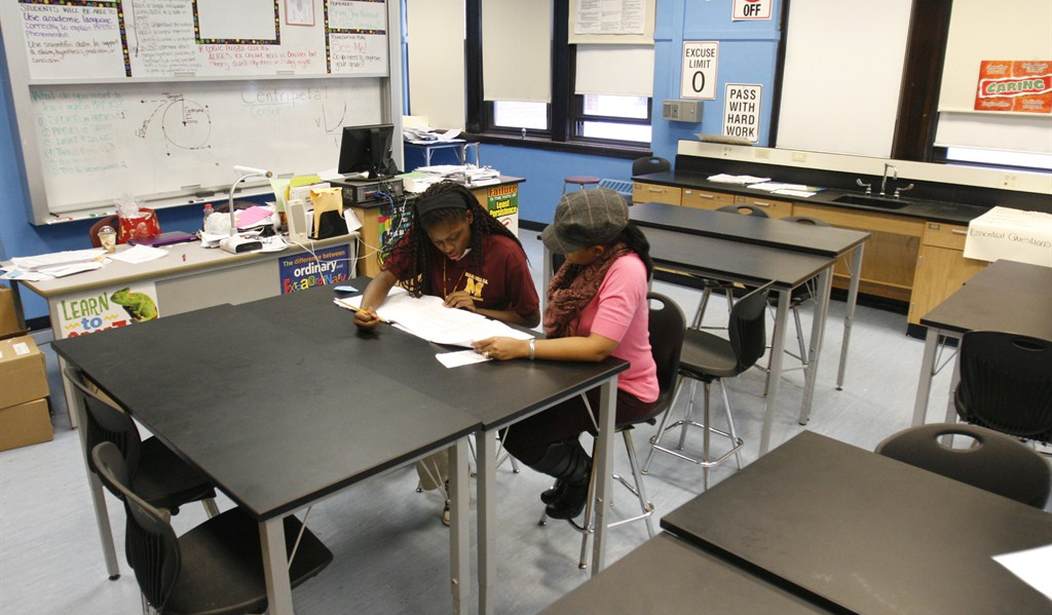I am pleased to announce that next summer I’ll be embarking on a new adventure with my friends Frank Turek and J. Warner Wallace. We’ll be touring churches across America with a one-day college prep course that is designed to help parents and children prepare for college so they will not lose their faith while they are there. Take a few minutes to go on to Frank’s website and see what we’re up to and how you can bring us to your town.
Frank and J. Warner are world-class apologists. They will supply rich substantive information on defending the truthfulness of the Christian worldview. They will also provide guidance to those who will be dealing with attacks on Christianity from secular professors. My presentation will be a little different. I will actually spend two hours laying out a ten-step plan that will help young people (and their parents!) get prepared for the college experience.
The first hour of my presentation will cover five steps needed to prepare for college before actually arriving on campus. The second hour will cover five steps needed to survive college after you get there. A brief summary of the ten steps follows:
- 1.The One-Book-A-Month Regimen. I’ve been a professor for twenty-two years. During that time, I have seen a steady decline in student writing skills – especially over the last decade or so. I am convinced that the principal reason for this is that most students no longer read on a regular basis. Some of that may be due to the fact that students have to work longer hours to pay for school. But some of it is just due to laziness. So parents need to make sure their children get into the habit of reading at least a book a month by the time they are sixteen. This will improve their vocabulary and thus sharpen both their writing and oral communication skills. This will make them more likely to succeed in college.
Recommended
- Getting teenagers into a regular reading regiment will also help to implement the fifth point of the ten-step plan, which we will get to later. The best way to get started is to tie your teenagers allowance to a monthly reading assignment or perhaps increase that allowance by adding a monthly reading assignment to their existing monthly household chores. Also consider requiring a written report to make sure they do their reading. If that’s not possible, arrange a time at the end of the month to discuss the reading. This may seem like a lot of trouble but it’s worth it. Trust me (and keep reading).
Note: This does not mean your teen has to start off reading heavy material on politics and religion. If he is into sports then let him start off by reading twelve sports biographies in a year. Just get him reading something that interests him.
- 2. Worldview Training. Having a teenager explore books and accumulate knowledge on his own helps to foster a sense of intellectual independence and curiosity. That is a good thing but it’s not enough. At some point, a teenager must learn that there are limited options when it comes to developing a comprehensive view of the world. Attending a respected worldview camp can be the best way of sorting through the options.
- In my completely biased view, the best worldview camp out there is Summit Ministries, based in Manitou Springs, Colorado. I’ve been teaching out there all summer long over the last five years. My fellow Cross Examined College Prep Course instructors Frank and J. Warner teach there, too. We encourage you to go to www.Summit.org to get a better idea of what happens during their two-week summer worldview training camps. I would encourage parents to get their kids into one of these training camps by the age of seventeen. The investment is worth it.
- Another Note: Parents are sometimes willing to spend an extra $120,000 on a college education by sending their kids to a $40,000 per year Christian school instead of a $10,000 per year secular school. This is done in the hopes of keeping their kids from losing faith. This can be unwise for a couple of reasons: First, the so-called Christian school still might fill your kid’s mind with nonsense. Second, for $1200 (this is a limited-time price so see the website) you can send your kid to Summit and ground him so solidly that he might end up going to that secular school and making a real difference with his peers.
- 3. FIRE Prevention. What good is it if a teenager learns how to defend his faith and then goes off to a college that won’t let him do it? Indeed, there is wild variability in the extent to which secular universities limit free speech. Given that a) much of the censorship is on the grounds of “offensiveness” and b) the Gospel is highly offensive, Christian students need to know what they are getting into. The university policies most limiting of free speech have been well documented by a group known as the Foundation for Individual Rights in Education, or FIRE. (See www.TheFIRE.org). In fact, they rank hundreds of universities using a green light, yellow light, and red light system. In addition to giving green lights to the universities most respectful of free speech, they actually publish a list of the top ten free speech campuses in America. Schools like the University of Virginia, Arizona State, and my own alma mater Mississippi State have been recognized in recent years. Perennial losers have included Bucknell University and Brandeis University.
- Taking the time to peruse the FIRE website will help eliminate some really bad choices from your list of potential colleges. I’ll write another installment with some more advice on how to shorten the list even further … and how to survive when you finally make the transition to college life.
- …To be continued.

























Join the conversation as a VIP Member